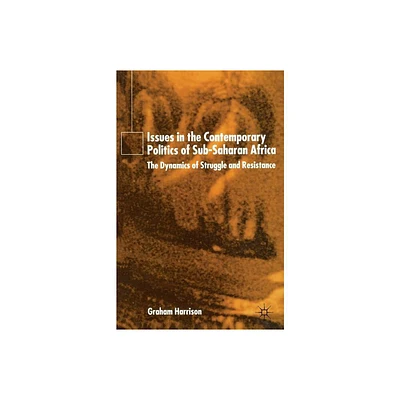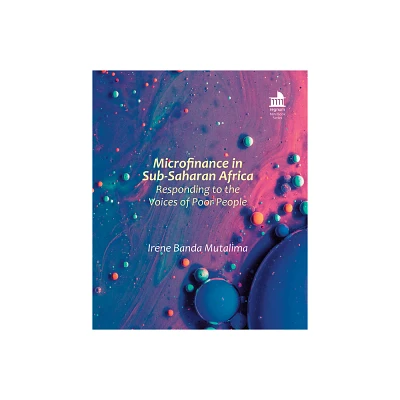Home
The Continuing Epidemiological Transition in Sub-Saharan Africa: A Workshop Summary
Loading Inventory...
Barnes and Noble
The Continuing Epidemiological Transition in Sub-Saharan Africa: A Workshop Summary
Current price: $32.00


Barnes and Noble
The Continuing Epidemiological Transition in Sub-Saharan Africa: A Workshop Summary
Current price: $32.00
Loading Inventory...
Size: OS
*Product Information may vary - to confirm product availability, pricing, and additional information please contact Barnes and Noble
Among the poorest and least developed regions in the world, sub-Saharan Africa has long faced a heavy burden of disease, with malaria, tuberculosis, and, more recently, HIV being among the most prominent contributors to that burden. Yet in most parts of Africa-and especially in those areas with the greatest health care needs-the data available to health planners to better understand and address these problems are extremely limited. The vast majority of Africans are born and will die without being recorded in any document or spearing in official statistics. With few exceptions, African countries have no civil registration systems in place and hence are unable to continuously generate vital statistics or to provide systematic information on patterns of cause of death, relying instead on periodic household-level surveys or intense and continuous monitoring of small demographic surveillance sites to provide a partial epidemiological and demographic profile of the population.
In 1991 the Committee on Population of the National Academy of Sciences organized a workshop on the epidemiological transition in developing countries. The workshop brought together medical experts, epidemiologists, demographers, and other social scientists involved in research on the epidemiological transition in developing countries to discuss the nature of the ongoing transition, identify the most important contributors to the overall burden of disease, and discuss how such information could be used to assist policy makers in those countries to establish priorities with respect to the prevention and management of the main causes of ill health.
This report summarizes the presentations and discussions from a workshop convened in October 2011 that featured invited speakers on the topic of epidemiological transition in sub-Saharan Africa. The workshop was organized by a National Research Council panel of experts in various aspects of the study of epidemiological transition and of sub-Saharan data sources.
The Continuing Epidemiological Transition in Sub-Saharan Africa
serves as a factual summary of what occurred at the workshop in October 2011.


















